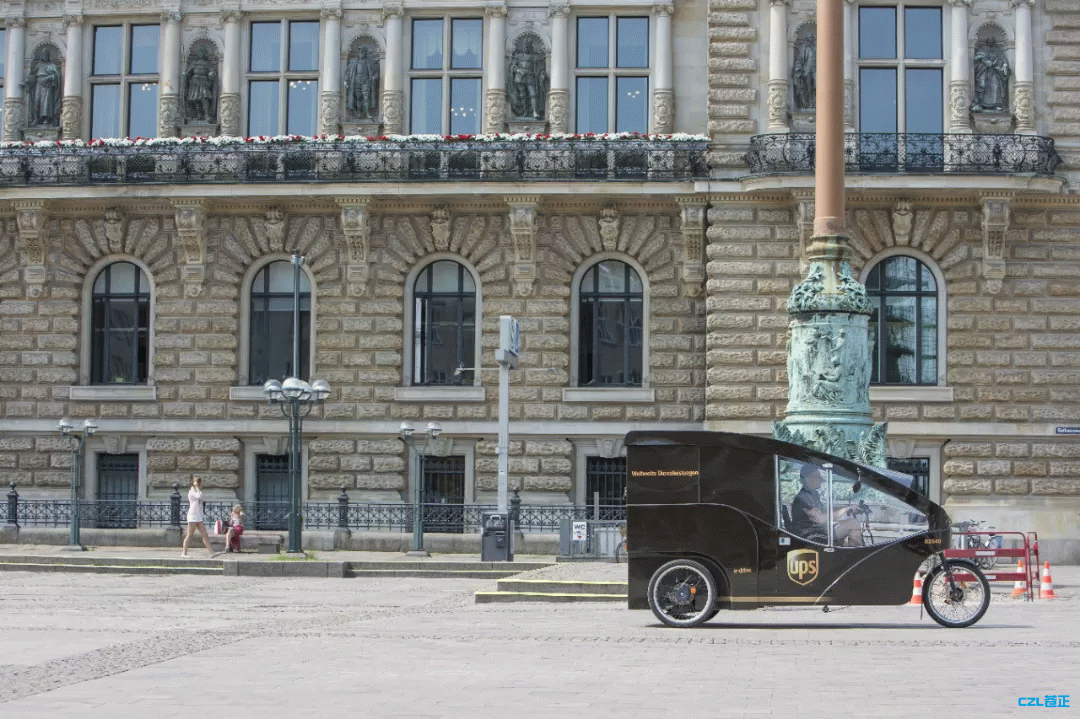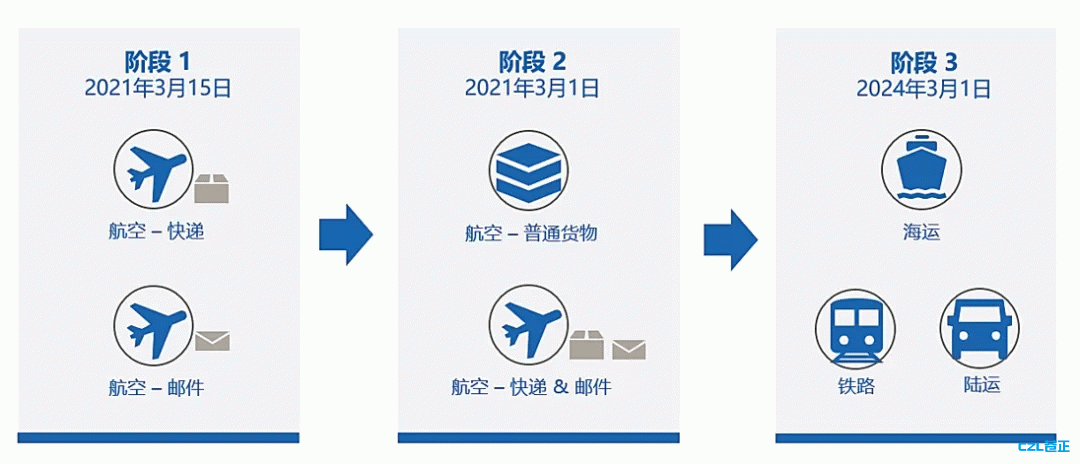ICS2
As one of the main trade channels for e-commerce companies, Europe has always been a battleground for cross-border trade. Many companies continue to deploy their European business segments and expand the European market.
However, in recent years, with Brexit, EU VAT reform, the global epidemic and geopolitical conflicts, changes in the market environment and trade situation in Europe have magnified the uncertainty risks of cross-border trade. In this context, we need to have a clear understanding of the latest trade policies so that we can layout the European market more efficiently and obtain more business opportunities.
Currently, the highly anticipated second phase of the ICS2 EU import control system has entered the countdown to take effect. In this article, we will explain ICS2 in detail to help you better adapt to the new changes in exporting to Europe and help you enter the European market.
The second phase of the EU’s new customs pre-entry security plan, the Import Control System 2 (ICS 2), will be officially launched on March 1, 2023.
For all general cargo, express or postal shipments entering the EU1, Norway and Switzerland by air, freight forwarders, air cargo companies, couriers and postal operators involved in dispatching, handling, transporting and forwarding are required to submit advance air cargo information in the form of a complete Entry Summary Declaration (ENS).
- Austria, Belgium, Bulgaria, Croatia, Cyprus, Czech Republic, Denmark, Estonia, Finland, France, Germany, Greece, Hungary, Ireland, Italy, Latvia, Lithuania, Luxembourg, Malta, Netherlands, Poland, Portugal, Romania, Slovakia, Slovenia, Spain and Sweden.
What is ICS2?
Import Control System 2 (ICS2) is an EU IT system used to collect cargo data through entry summary declarations before all goods arrive in the EU.
The system aims to better protect the European Single Market and its citizens with new customs security safeguards and promote free trade through improved data-driven customs security procedures to suit global business models.
What are the benefits of ICS2?
-
Strengthen protection of EU citizens and domestic markets against security threats.
-
Strengthening the ability of EU customs authorities to identify high-risk goods and intervene at the most appropriate points in the supply chain.
-
Provide cross-border customs clearance facilities for the majority of legitimate trade.
-
Simplify the exchange of information between economic operators and EU customs authorities.
When will ICS2 be implemented?
ICS2 will be implemented in three phases for different transport channels during a three-year transition period.
The second phase of ICS2 will affect all air cargo. In order to comply with the requirements of the second phase of the system, UPS must declare additional data information of all UPS express shipments entering the EU, Norway and Switzerland by air (regardless of the origin).
What does the additional data information include?
1. Product name and description
All products need to provide specific product names and complete, detailed and accurate product descriptions, in order to accurately identify the product information. For example, the product name cannot be vague and general such as "sample", "parts", "gift", etc.
2. HS Code
To comply with ICS2 Version 2, UPS must declare at least 6 digits of the Harmonized System Code (HS Code) for each item listed on the commercial invoice to the customs authorities of each country before all express shipments are delivered by air to the EU, Norway and Switzerland. Please note that this requirement does not apply to letters, correspondence and document shipments.
3. EORI number
UPS also recommends that you provide the EU recipient's Economic Operator Registration and Identification Number (EORI) on the commercial invoice for shipments to or through the EU, Norway and Switzerland.
Customers can contact their EU consignee to obtain the EORI number. If the EU consignee's EORI number is missing, the shipment may be delayed in customs clearance.
Shippers must provide the above information in advance before the shipment arrives in the EU. After providing UPS with specific cargo information, all UPS small package systems will be programmed to automatically transmit the information directly to the customs authorities in the EU, Norway and Switzerland.
In addition, to ensure more efficient customs clearance, please include an accurate and detailed description of the goods on your commercial invoice, for example, "Men's Cotton Shirts" rather than simply "Clothing".The European Commission has published guidelines on “Acceptable and Unacceptable Terms in Describing Goods”.for more assistance.
Customs clearance tips
As European customs authorities have further increased their requirements for customs data, shippers must provide detailed cargo declaration information before exporting, otherwise it may result in longer transportation time, customs clearance delays and corresponding penalties.
The basic data required for customs declaration includes:
Complete and accurate commercial invoice information (including shipper, consignee, itemized description of goods, customs commodity code, etc.)
Goods content information (including product price, country of origin, quantity, weight, transaction method, etc.)
For more information, please visitEuropean Commission websiteCheck.
Original text from:https://mp.weixin.qq.com/s/7C-VhKpbpGvjBWvVbTTDEA


